The phenomenal success of Tracker Season 1 was rewarded with the show’s renewal for a highly anticipated second season.
According to CBS, Tracker was the most watched new series since the 2004-05 season of Desperate Housewives.
Now that Colter Shaw and his Airstream are gearing up for their sophomore round of adventures, it’s the perfect time to suggest that the series shake up the formula that has served it so well — before it gets stuck.
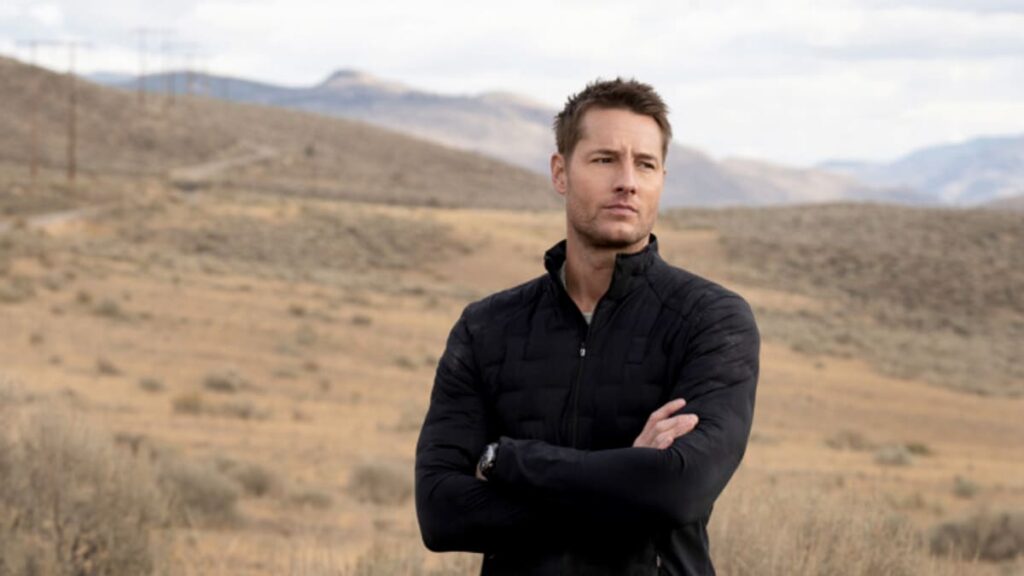
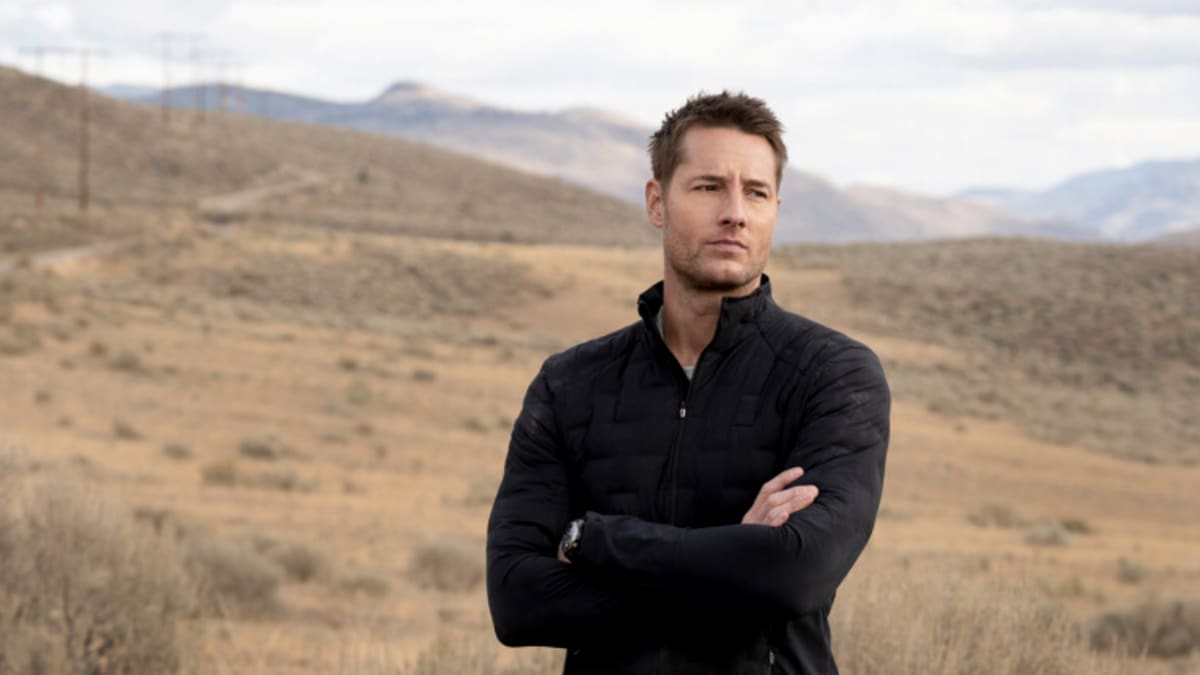
The immediate and overwhelming success of Tracker’s first season was a pleasant surprise for its network and fans.
That success was built on many time-tested TV tropes, even before someone had the brilliant idea to feature Justin Hartley sans shirt in several (but not nearly enough!) episodes.
CBS has a reputation for conventional, long-running fare (despite its recent decision to cancel the much-beloved Blue Bloods).
Tracker seemed to fit right into the network’s reliance on the tried-and-true while adding Hartley’s “new” star power and Ken Olin’s proven directing chops.
Its premise of a skilled do-gooder traveling the country to help a fresh set of characters each week had the potential to continue in that same vein forever.
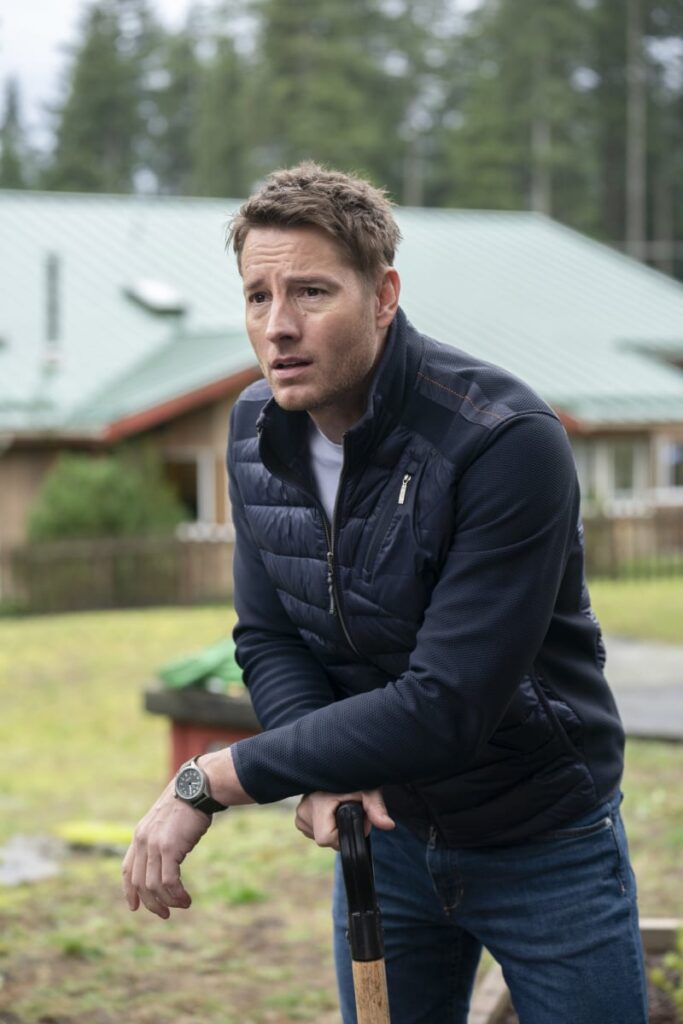
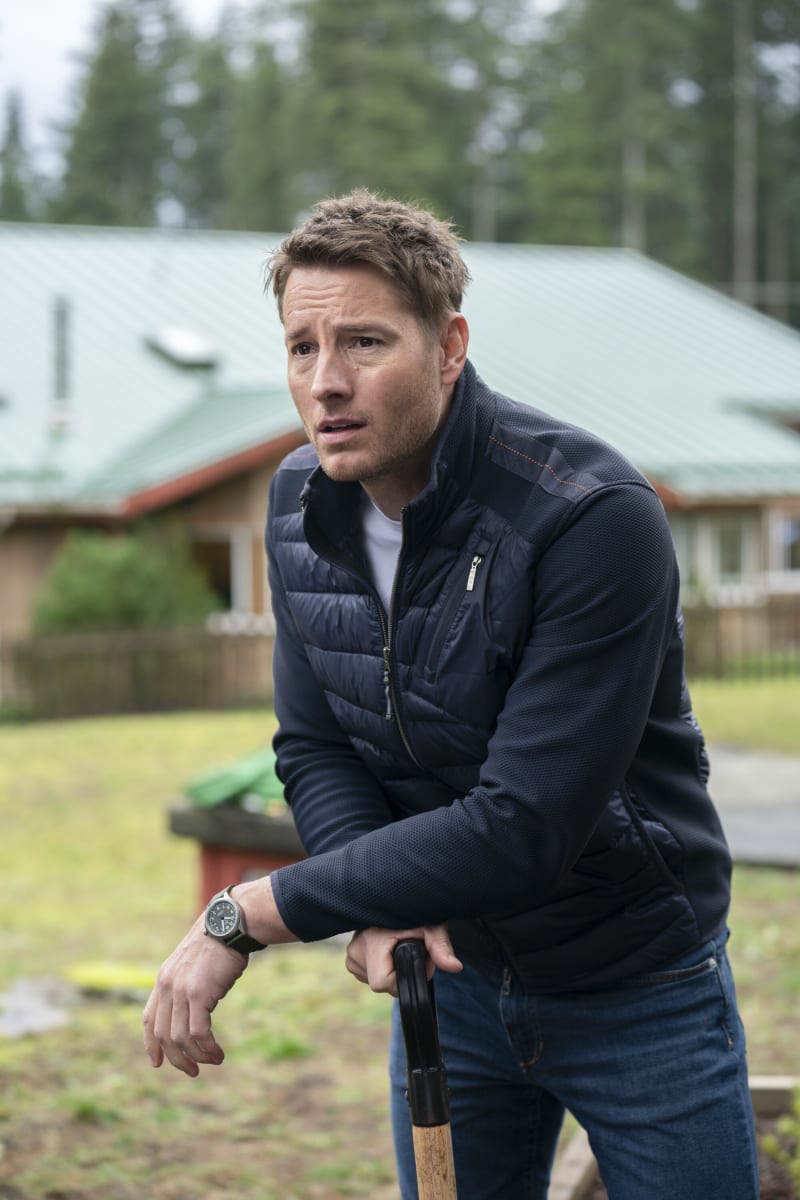
After all, why mess with a formula that has made tons of fans and TV execs happy?
While a lot of those fans might have initially tuned in to see what this new Tracker show was all about, that element of surprise is absent this time.
But aside from all that, it’s just never a bad time to make a good show great. And right now, riding high on unexpected ratings and acclaim is the perfect time for Tracker to do so.
Ambiguity As Opportunity
Colter’s family mythology (survivalist dad, patricidal brother, evasive mother) was sketched out early on in Season 1.
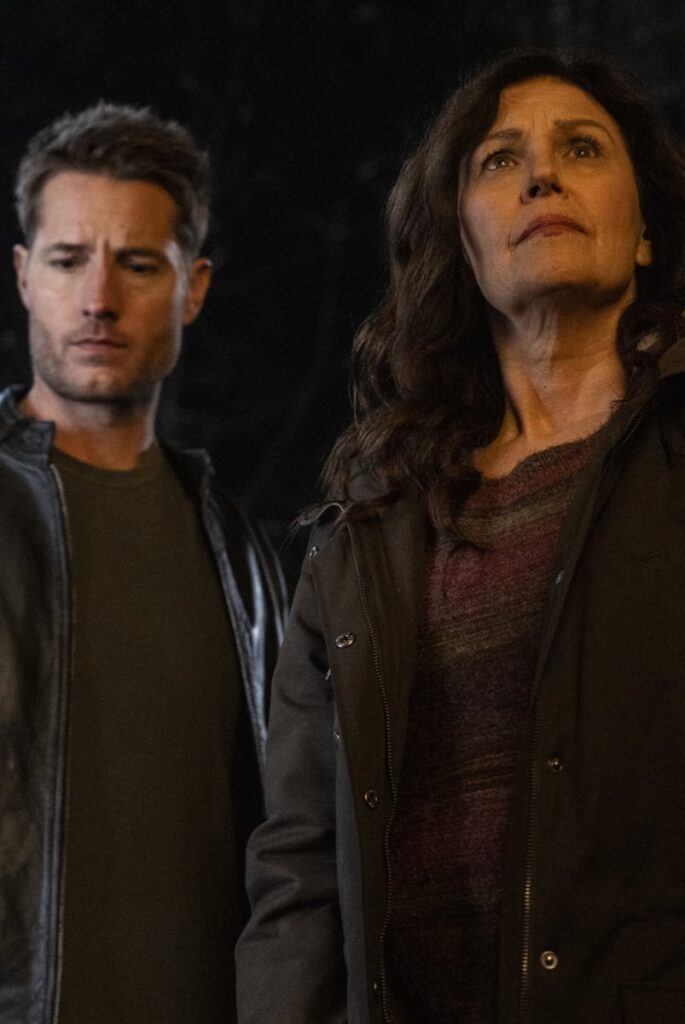
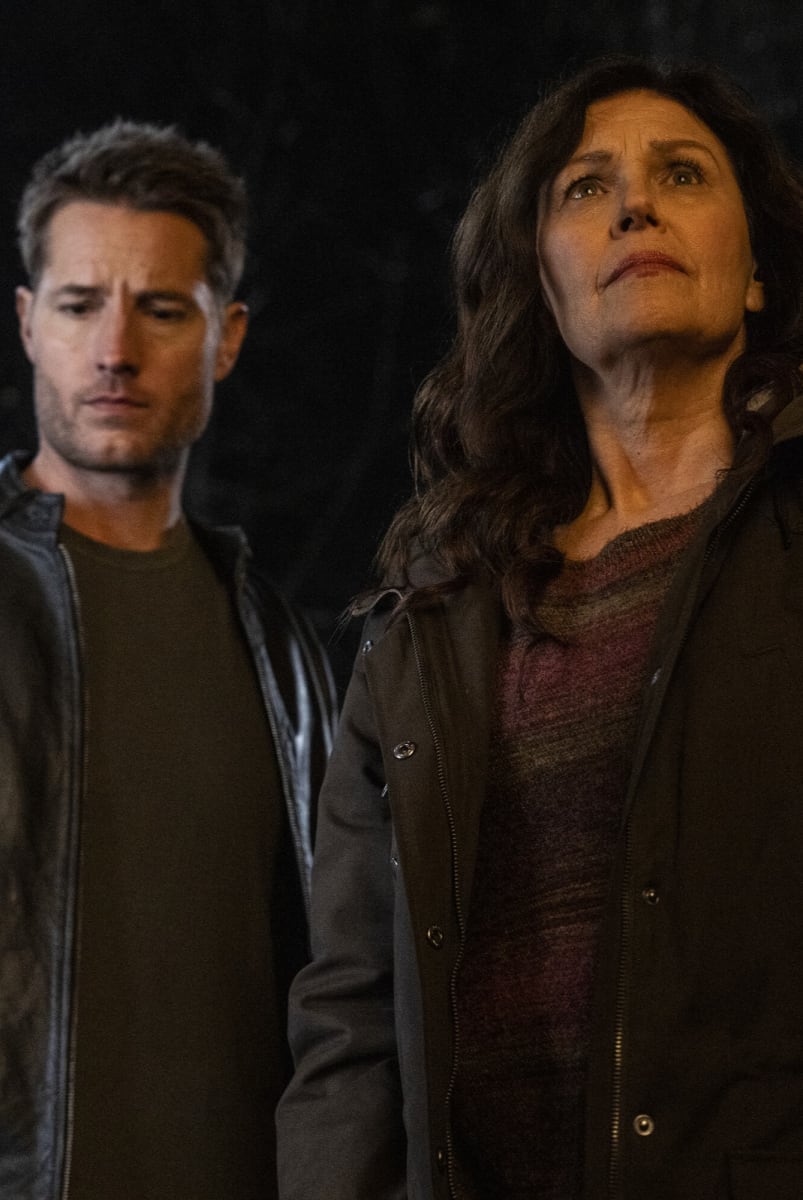
Still, Colter’s tracking skills and knack for knowing the pertinent survival odds for various situations carried the whole first half of the season.
Colter was a deliberately blank slate whose work history was kept vague even when people from his past like Billie Matalon (Sofia Pernas) popped up to help him find a racehorse.
We were left a little in the dark, even with his closer collaborators. Teddi and Velma are delightful as his handlers, but who really are they? How’d they meet Colter? Why does he seem to trust them and pretty much no one else?
Ditto for tech whiz Bobby, although the more transactional nature of their relationship is perhaps clearer. But even hotshot lawyer Reenie Greene had some unspecified affair with Colter that we may never learn more about.
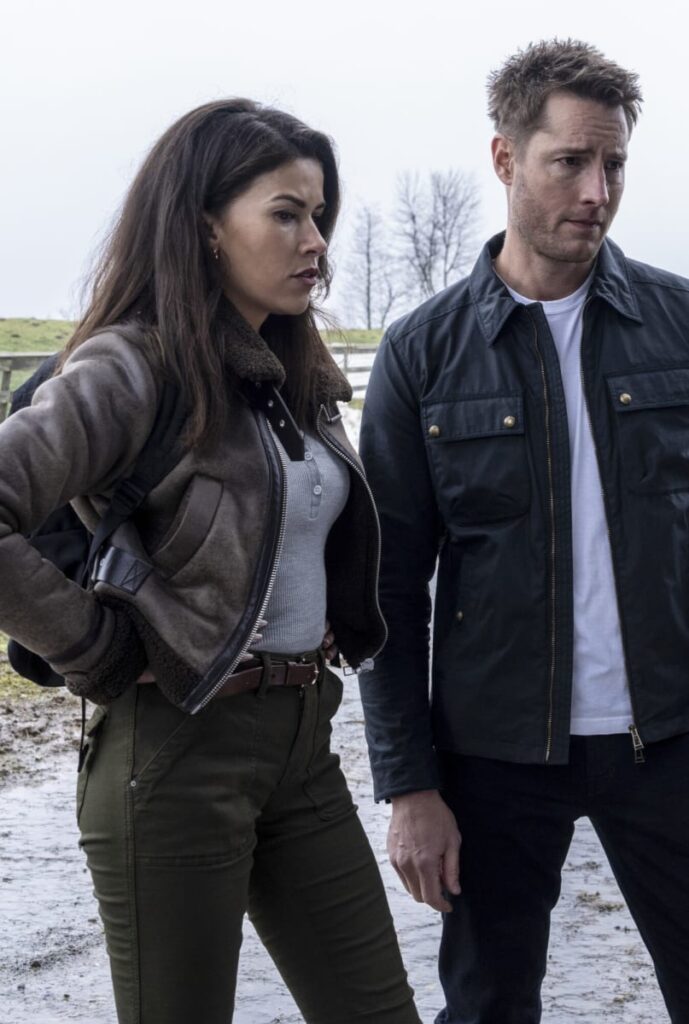
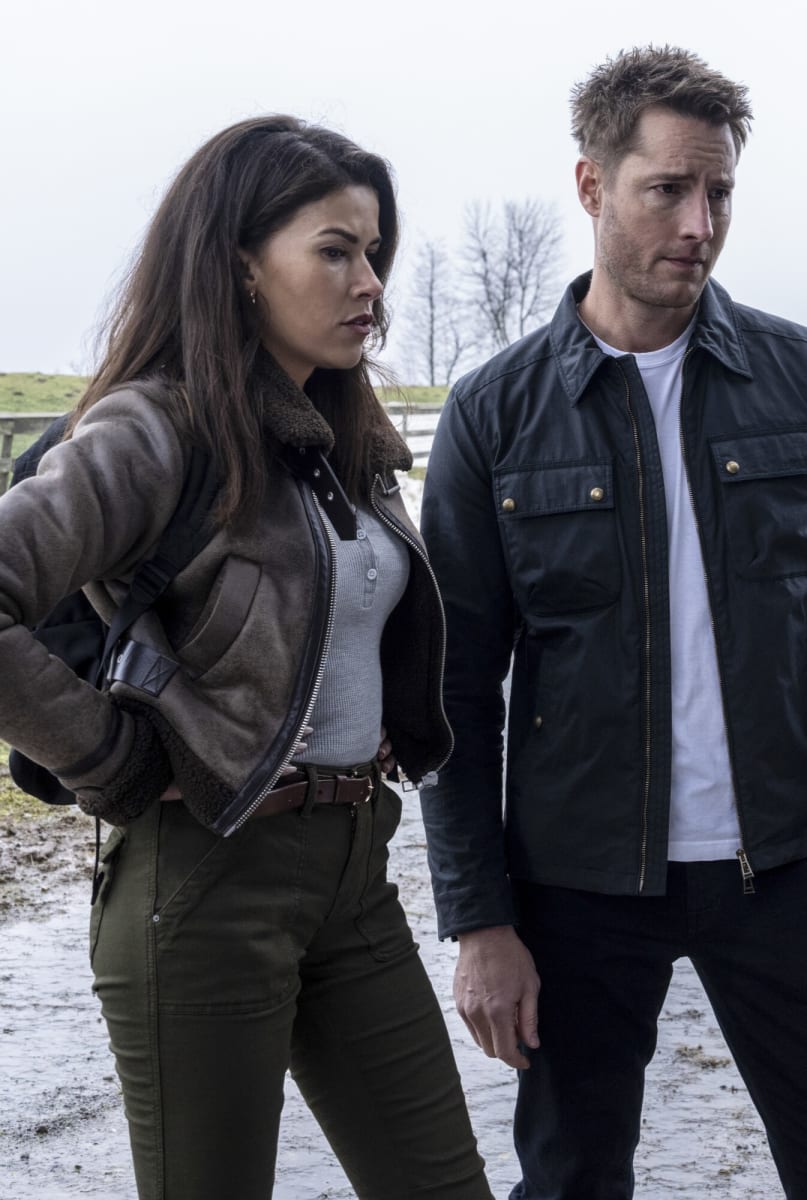
Then again, do we really need to know much more about him for this type of show?
Colter’s natural reticence serves his lifestyle well. The more of a cipher you are, the easier it is to leave behind strangers you’ve gotten close to while helping them out of dangerous situations.
But how far is that going to work with the audience, who might start wanting more from their titular hero than a case of the week?
Looking At Examples
In terms of series shakeups, there’s a middle ground between The Love Boat, perhaps the ultimate example of a set-it-and-forget-it TV show premise, and the near-constant storyline shifts of Lost.
Several excellent shows started out strong but only achieved true greatness when they completely upended their premise after the first season.
(Potential spoilers ahead!)
The Walking Dead revitalized the zombie show genre in mind-blowing ways at the time.
Its use of a hyperrealistic undead horde, the banal landscape of suburban Atlanta, and relatable human characters combined to create a truly horrifying modern television masterpiece.
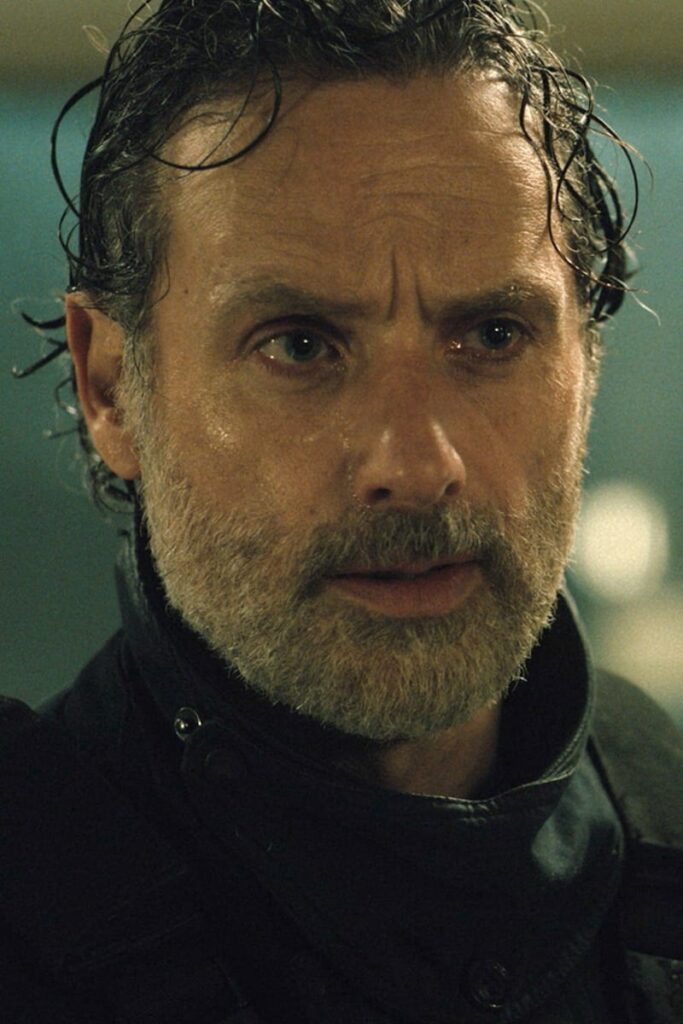
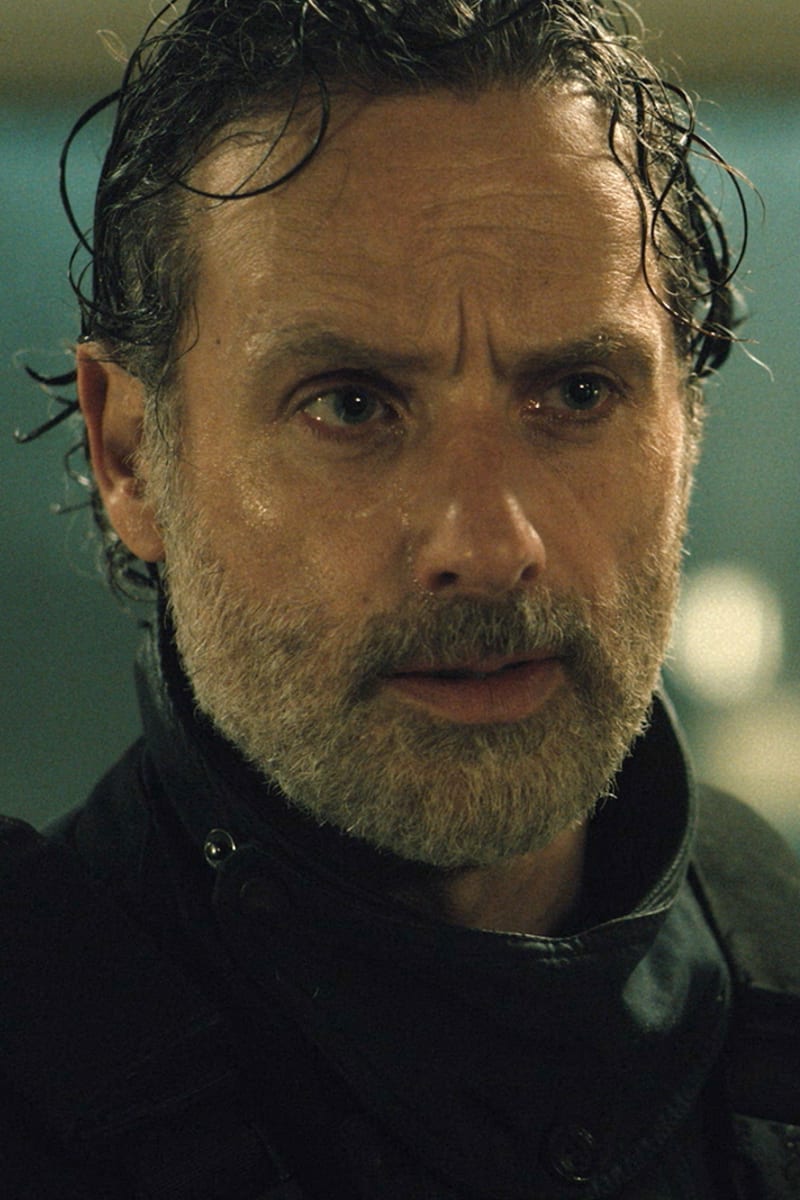
In addition to surviving from moment to moment, the main goal of the characters in that first season was to reach the CDC in Atlanta as their only real chance to escape this zombie nightmare.
And they made it! They got to enjoy air conditioning, video games, and hot showers for like a day and a half.
Then… the entire CDC building blew up, and the show’s premise got reset. Oh, there were still zombies everywhere, but the group now needed a new plan for survival.
This subversion of our expectations let us know that the series could go in any direction at any time, which was thrilling. The Walking Dead went on to run for eleven seasons with seven spinoffs.
Alias was a hit with critics more than audiences during its first two seasons, but it was still popular and attracted unique guest stars (Quentin Tarantino, Rutger Hauer).
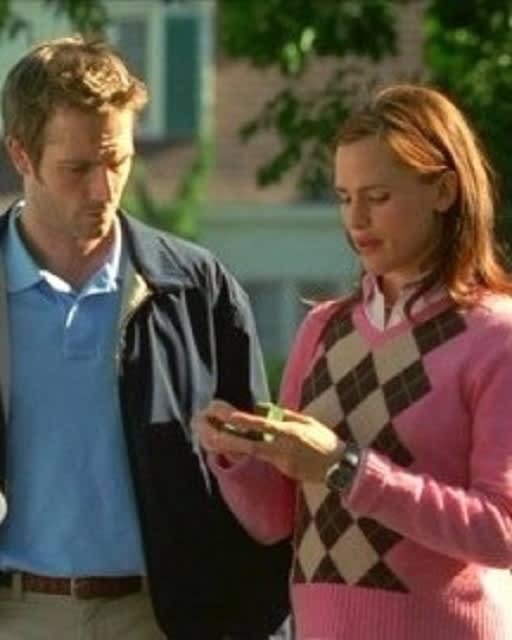

The show’s initial premise had Sydney Bristow (Jennifer Garner) juggling graduate school with being a spy for what she thinks is the CIA. It settled into a case-of-the-week format that could have gone on indefinitely.
Instead, Alias literally blew up the spy agency and its attached storyline in the middle of Season 2, resetting the entire series. The show ran for another three seasons and remains known for its inventiveness.
Explosions aren’t the only way to enact change in a show.
The Good Place featured a candy-colored afterlife in which some of the new residents questioned whether they should really be there but also didn’t want to admit this and get sent to The Bad Place.
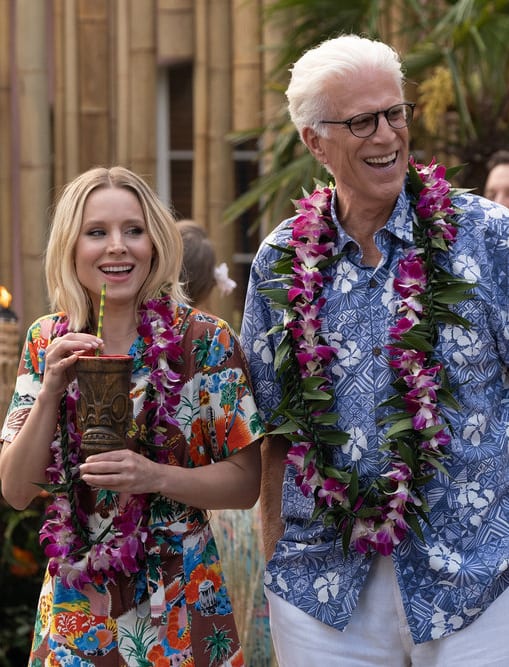

In the Season 1 finale, the characters (and we!) discovered in a big twist that they’ve been in The Bad Place all along!!
The show was much beloved and ran for four seasons.
All of these shows benefitted from switching things up and became trailblazers that influenced many now-familiar TV trends.
Tracker’s Finale Left An Opening For Change
Colter’s family mythology was backloaded into the last three episodes of Season 1.
He reconnected with his sister Dory, worked a case with his estranged brother Russell, and learned secrets about his father from an old family friend.
The angle of his Dad’s government conspiracy theory is mildly interesting, but unless that conspiracy involves actual zombies, I’m going to say it’s not compelling enough to continue into Season 2.
If the show sticks to its status quo, is a focus on Colter’s previous heists and partners (even the charismatic Billie) enough to hang a second season on?
While I would love to see the series renamed “Tracker and His Brother Russell,” Colter going into business with him or even Reenie wouldn’t work long-term for any of them.
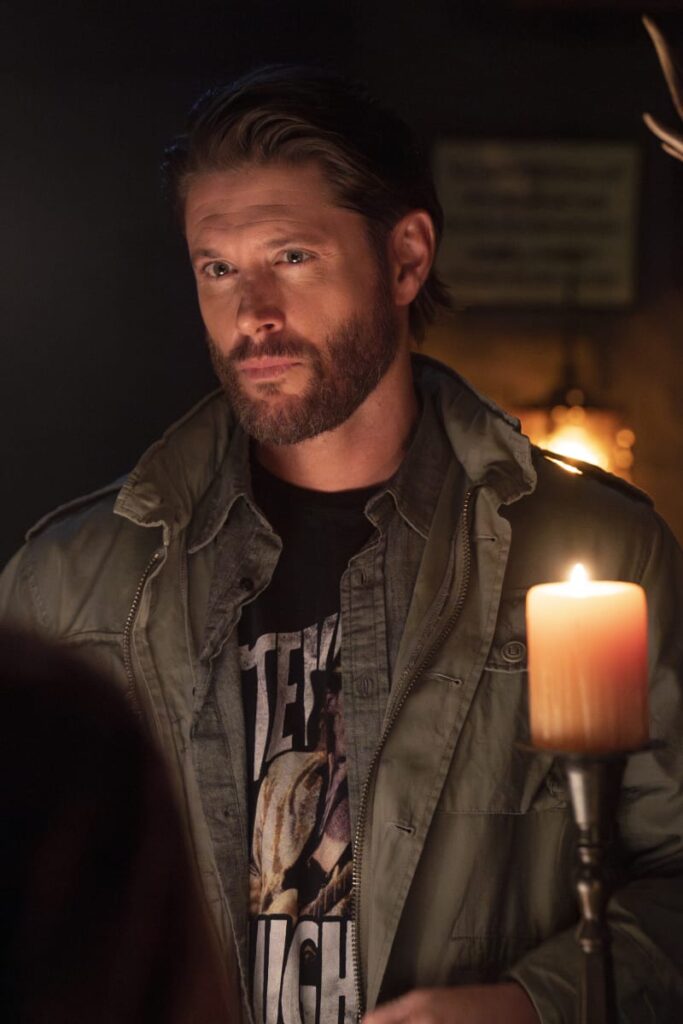
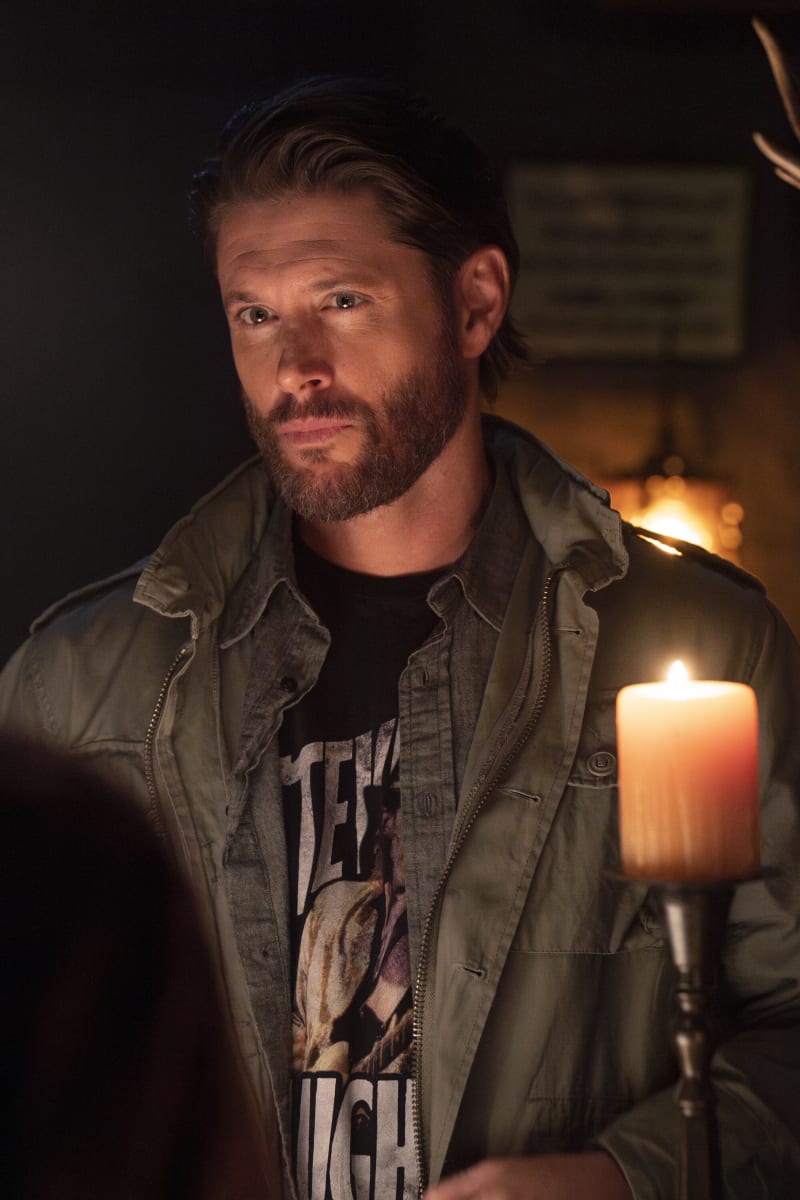
But hopefully, there’s some other way for Jensen Ackles to appear in every episode of Season 2.
The finale’s hint that Dory could be hiding things from Colter is even less interesting than their Dad’s government conspiracy.
It’s unfair that Dory is saddled with being the scoldy, responsible sister while Russell gets to be the roguish ne’er-do-well, but that still doesn’t make me want to follow her storyline into Season 2.
Speaking of Russell, his teasing out that Colter doesn’t have an “exit strategy” for his life on the road was very interesting.
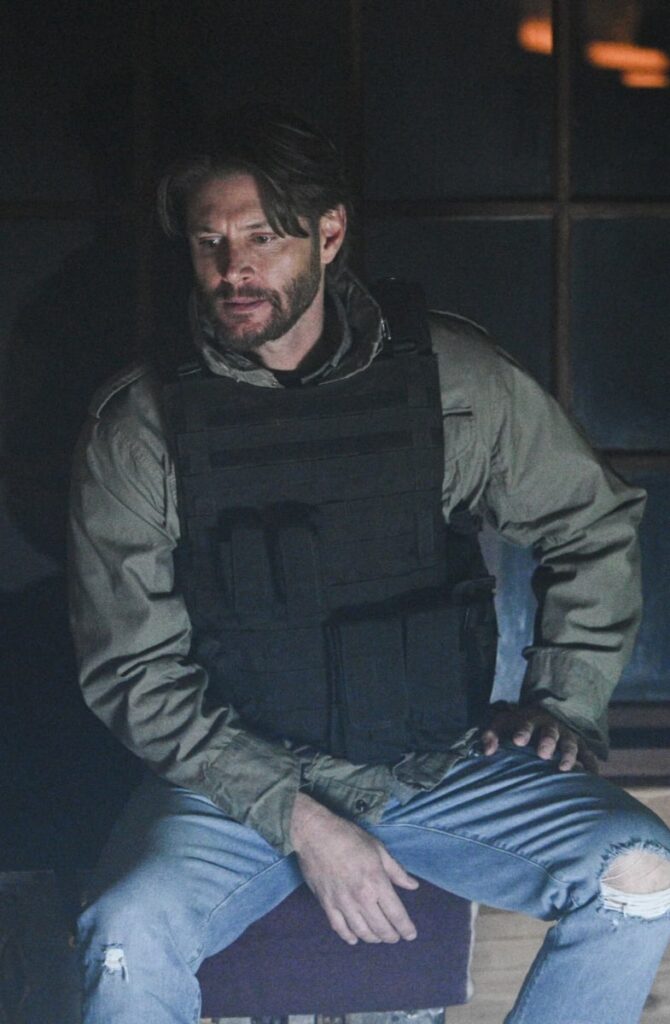
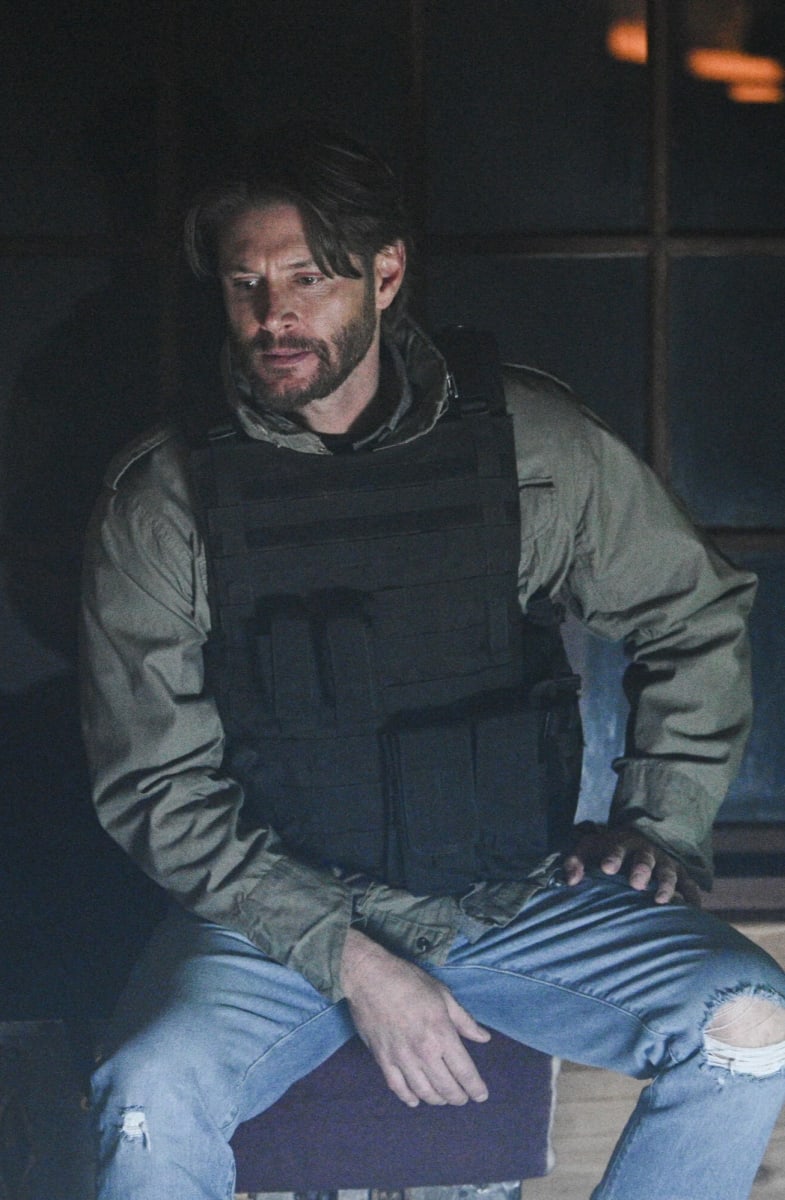
Either Colter really doesn’t have an exit strategy, or he’s too distrustful of his brother to share it.
Colter is the stereotypical middle child, keeping the peace. He’s perhaps projected the need to “keep the peace” onto the strangers he helps because that role is all he’s ever known.
The big “why” to explain Colter’s nomadic life hasn’t happened yet, and that might be the perfect bait-and-switch to “blow up” the status quo and lead the series in a completely new direction.
The last shot of Season 1 is Colter on the beach, running toward the water to surf. It would be incredibly bold if Season 2 gave us open water instead of the open road.
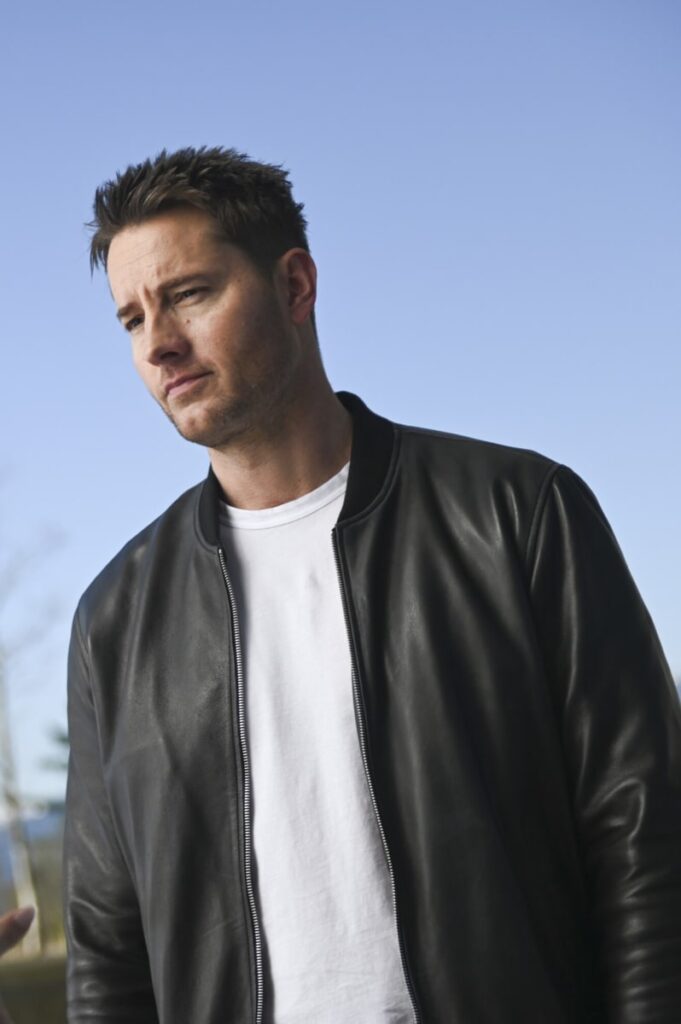
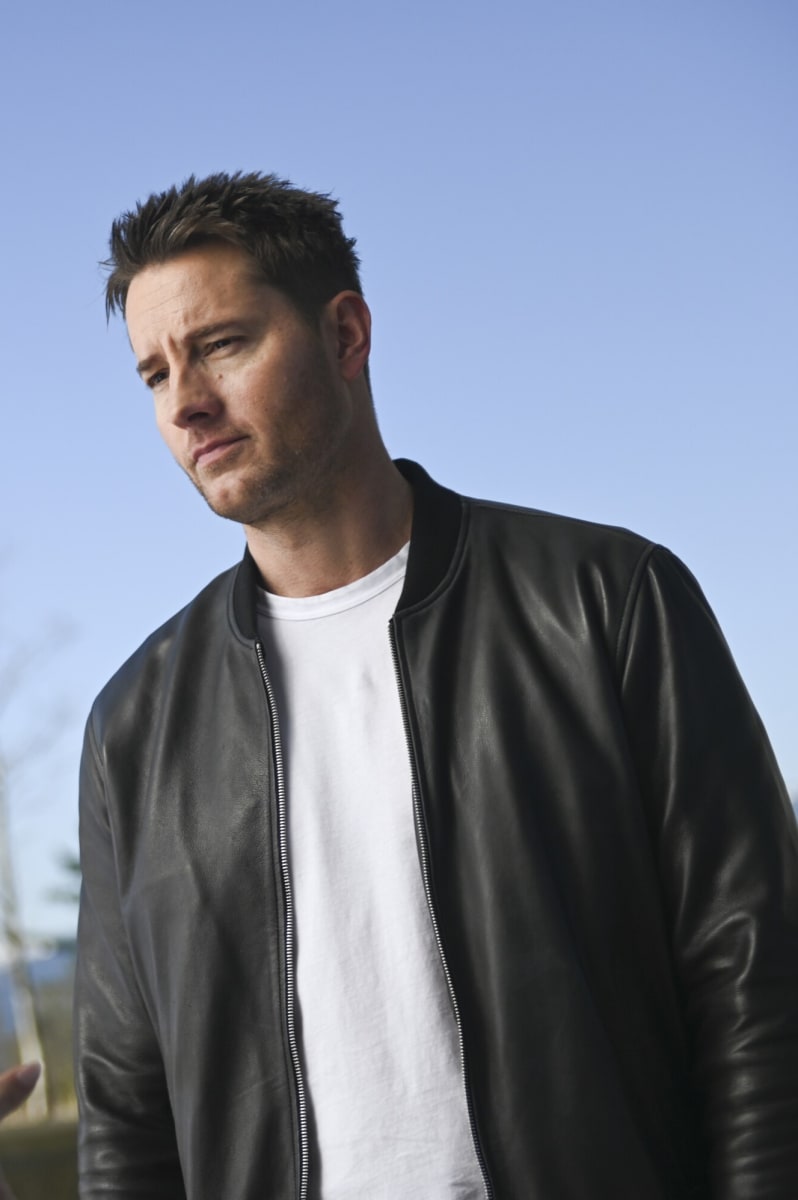
Tracker could flip from constant motion to a static setting, or it could change in any number of other ways.
It would be exciting to see this already enjoyable show get even better.
What do you say, TV fanatics?
Should Tracker stay as-is, or do a total revamp for Season 2?
Head over to the comments and let us know!
Watch Tracker Online

